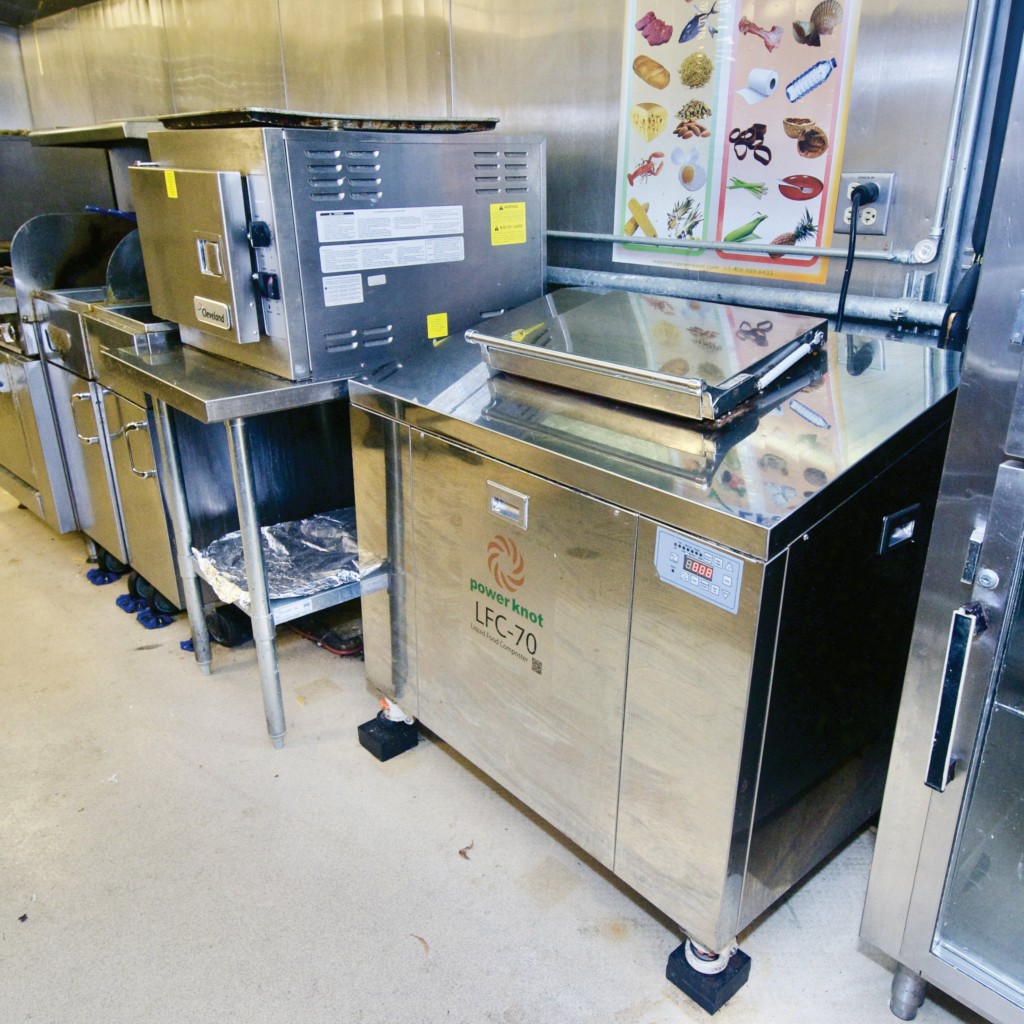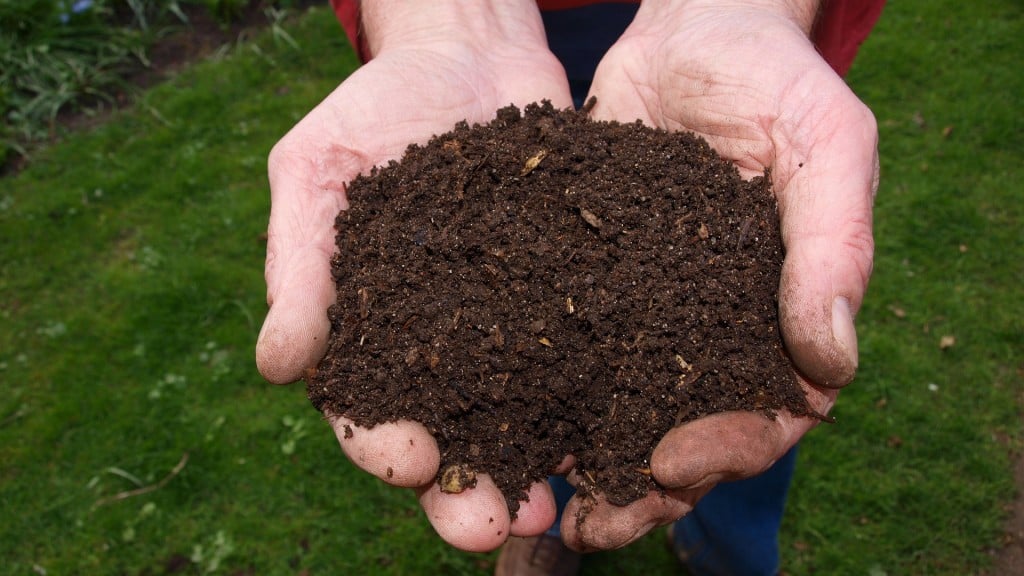Power Knot biodigester contributing to Fujitsu bottom line
Onsite aerobic biodigestion the solution for corporate campus food waste management

Fujitsu America Inc., the U.S. headquarters of the global information and communication technology company, is located in Silicon Valley, just north of San Jose, California. The park-like campus of 450,000 square feet of office space in seven buildings is set on 33 acres with 800 trees dotted across the landscape. It's an unusually green and serene space in an otherwise very busy region.
Fujitsu as a company has a long-standing commitment to minimizing its environmental impact through adoption of energy-saving measures - long before they were popular in corporate America. More recently, the campus transitioned to 100 percent renewable energy, switched to LED lighting where possible, and eliminated disposable plastics from its cafeteria.
According to Fujitsu environmental, health, safety & security services specialist Robert Curtis, food waste has been a particularly challenging problem.
"We have a busy kitchen that preps, cooks and serves food for our employee cafeteria. Monday through Friday, we tipped at least 50 pounds of food waste per day into our mixed trash dumpster," explains Curtis. "That's a messy and smelly problem — not to mention a target for pests and rodents — so that dumpster was emptied by our local trash company every day."
He says the increasing cost of trash pickup and the environmental impact of waste food were major concerns for Fujitsu. Additionally, stringent statewide and local regulations were looming. The new laws mandated that businesses recycle all their organic waste by separating it from other waste streams and diverting it to local composting facilities. It was time for Fujitsu to take action.
"We considered various methods to convert our waste food into compost for use onsite, but these all required constant tending to and considerable manual effort. This led is to evaluate machines capable of recycling all the food waste in the kitchen itself, which would reduce labour costs, eliminate collection costs and enable us to comply with the law," said Curtis.
After seeing the Power Knot LFC biodigester at a trade show, Curtis realized it represented the best solution as it delivered both environmental and economic benefits by processing the company's organic waste onsite and preventing it from being mixed with other waste.
"We realized that the Power Knot LFC biodigester could transform our approach to food waste," he explained. "Not only is it more environmentally sound than sending our food waste to the landfill, it ‘pencils out' financially. Our initial calculations predicted a positive ROI within 18 months by reducing our trash pickup from five to three days per week," said Curtis. "In fact, looking back, it probably paid for itself even sooner because trash pick-up rates went up soon after we installed it - and they've continued to increase since then."
Fujitsu took delivery of the Power Knot LFC-70 biodigester in 2011 and installed it in the kitchen of the company's Silicon Valley campus onsite cafeteria. The LFC biodigester uses a mix of natural microbes and enzymes to aerobically convert biodegradable food waste into grey water that drains into municipal waste lines. The control panel allows operators to control rotation times and amount of water used, as well as putting the machine into a manual mode to view any objects that should not be in the machine. The panel also indicates the drum temperature which is important for understanding optimum digestion.
Since its installation, Fujitsu says their conservative estimates are that is has reliably and quietly processed 200,000 pounds of food waste from the kitchen. But its contribution to the environment has been much greater, with 350 tonnes of carbon dioxide offset through onsite recycling of food waste at Fujitsu's campus.



